Find Help
More Items From Ergsy search
-
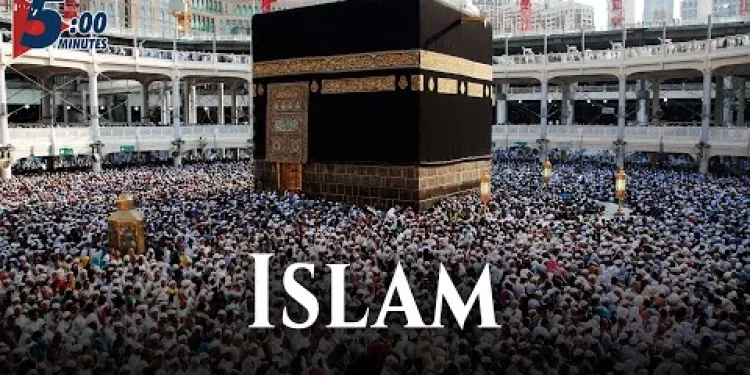
History of Islam in Brief | 5 Minutes
Relevance: 100%
-

History of the Church of England
Relevance: 33%
-
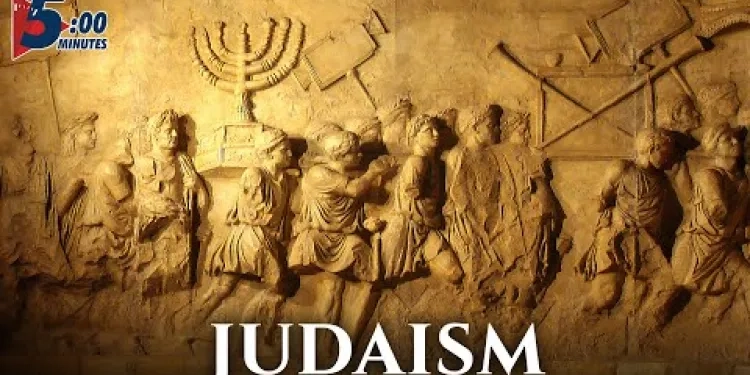
Origin of Judaism - A Brief History | 5 MINUTES
Relevance: 32%
-

Can I access my Council Tax payment history online?
Relevance: 31%
-

A History of The Church of England
Relevance: 31%
-

Taking a Genetic Family History - The Conversation (Bowel Cancer)
Relevance: 30%
-
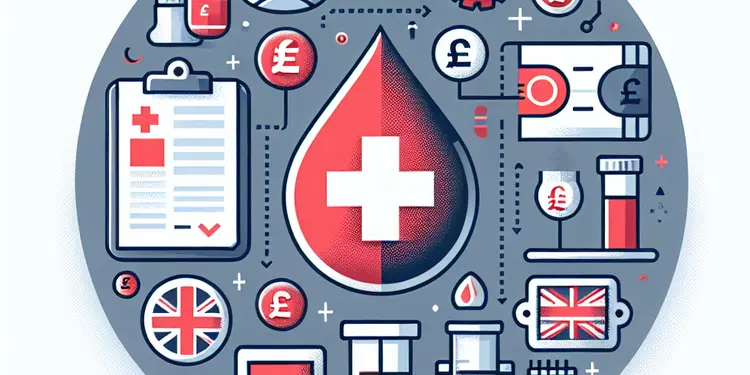
Why is blood donation history important in preventing disease transmission?
Relevance: 30%
-

How does family history affect the risk of bowel cancer?
Relevance: 29%
-
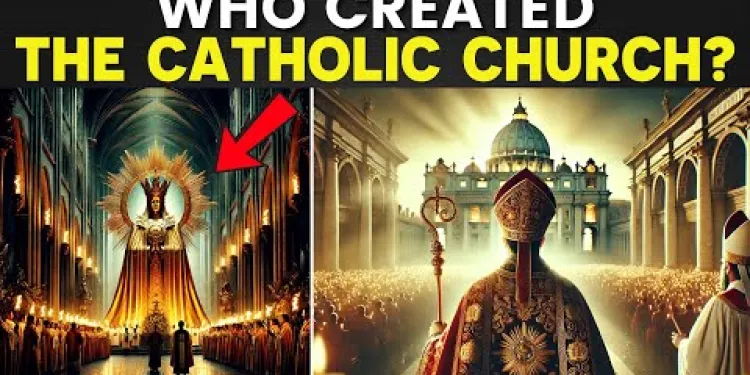
The True History of the Catholic Church That No One Told You
Relevance: 29%
-

Should people with a family history of colorectal cancer take aspirin?
Relevance: 29%
-

The history of the Baptist Church and Anabaptist: The Good The Bad and the Ugly
Relevance: 27%
-

Do I need a background in history to work at the National Trust?
Relevance: 26%
-
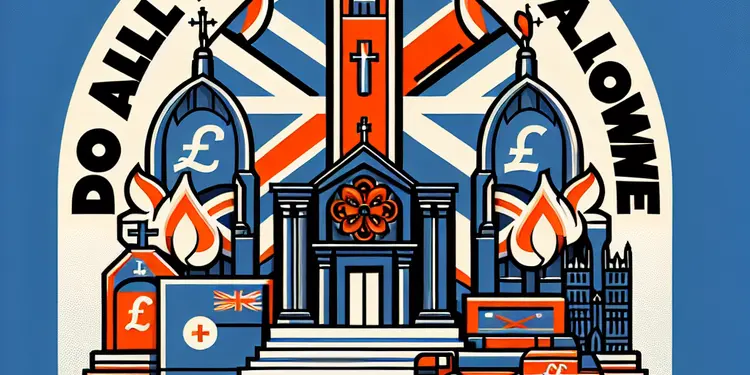
Do all religions allow cremation?
Relevance: 25%
-

Bowel Cancer
Relevance: 21%
-
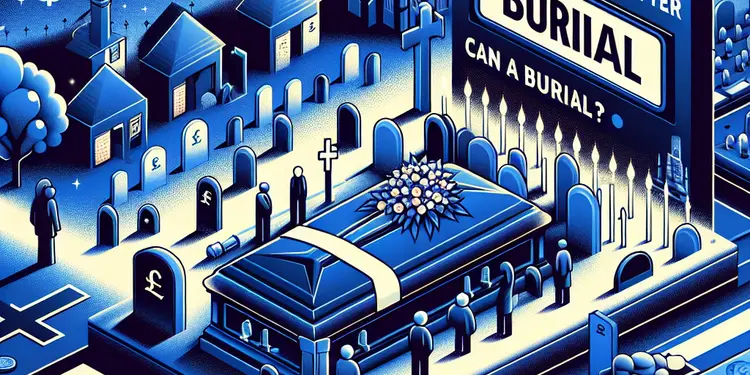
How soon after death can a burial take place?
Relevance: 14%
-
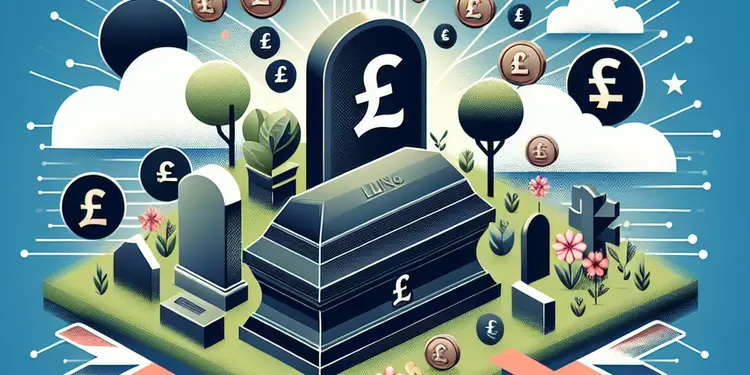
What is cremation?
Relevance: 14%
-

What should I tell my healthcare provider before starting Wegovy?
Relevance: 10%
-

Will a cashback credit card help improve my credit score?
Relevance: 10%
-

What populations should use caution when taking Ozempic?
Relevance: 10%
-

How can eczema be diagnosed?
Relevance: 10%
-

How is asthma diagnosed?
Relevance: 10%
-

Is Type 2 Diabetes hereditary?
Relevance: 10%
-

How is heart failure diagnosed?
Relevance: 10%
-
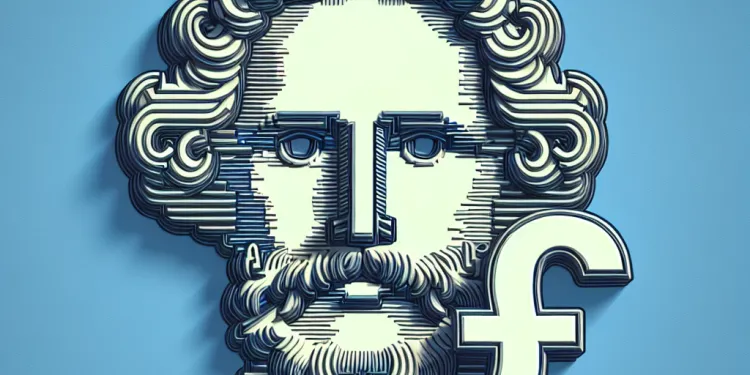
Who should not take Ozempic?
Relevance: 9%
-

How is Carpal Tunnel Syndrome diagnosed?
Relevance: 9%
-

Are there any contraindications for Mounjaro?
Relevance: 9%
-

Who is at risk of developing SAD?
Relevance: 9%
-

What are the risk factors for bowel cancer?
Relevance: 9%
-

Who should not take Mounjaro?
Relevance: 9%
-

Mortgage Turned Down In The UK - Why mortgage applications are declined
Relevance: 9%
-

Are there any risk factors that increase the need for cancer screening?
Relevance: 9%
-

Are there any medical conditions that disqualify someone from using weight loss jabs?
Relevance: 9%
-

What factors increase my risk of colorectal cancer?
Relevance: 9%
-
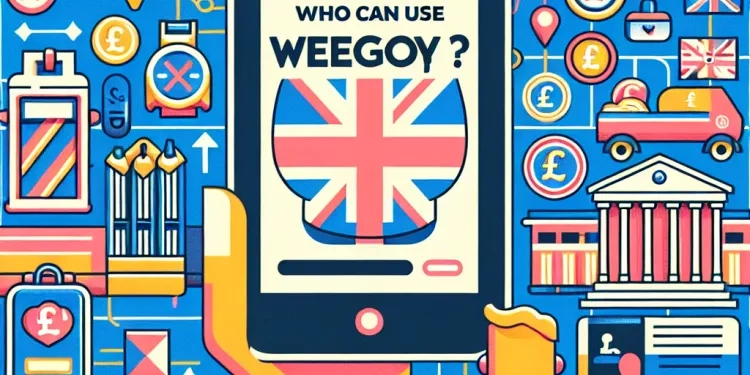
Who can use Wegovy?
Relevance: 9%
-
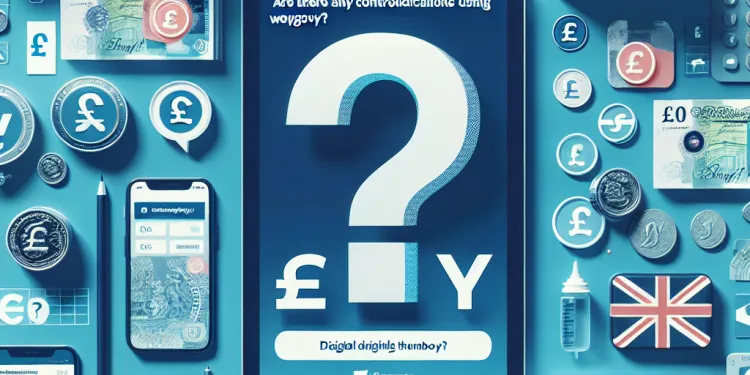
Are there any contraindications for using Wegovy?
Relevance: 9%
-

Can postnatal depression recur after treatment?
Relevance: 9%
-

Will switching banks affect my credit score?
Relevance: 9%
-

How much can I borrow for a mortgage UK - getting the Maximum Mortgage
Relevance: 9%
-

What information do I need to provide to register with an NHS dentist?
Relevance: 9%
-

Can I get a Buy to Let Mortgage With My 18 Year Old Son
Relevance: 9%
History of Islam in Brief
The Birth of Islam
Islam began in the 7th century CE with the teachings of the Prophet Muhammad in the Arabian Peninsula. According to Islamic tradition, Muhammad received revelations from God, which were later compiled into the Quran. He preached a message of monotheism, social justice, and moral conduct. Initially met with resistance, Islam gradually gained followers, and eventually, Muhammad and his followers migrated to Medina, marking the start of the Islamic calendar.
The Expansion of Islam
Following Muhammad's death in 632 CE, Islam spread rapidly across the Middle East, North Africa, and beyond. This expansion was facilitated through a combination of military conquests and peaceful conversions. The Rashidun, Umayyad, and Abbasid Caliphates were instrumental in spreading Islam across vast territories, reaching as far west as Spain and as far east as India by the 8th century.
The Golden Age of Islam
The Islamic Golden Age, roughly between the 8th and 14th centuries, was a period of cultural, economic, and scientific flourishing in the Islamic world. Scholars advanced in fields such as mathematics, medicine, astronomy, and philosophy. This era saw the translation of many classical works into Arabic, preserving and enhancing knowledge that would later influence European thought during the Renaissance.
The Modern Era
In contemporary times, Islam is one of the world's major religions, with over a billion followers across diverse regions, including significant communities in the United Kingdom. The influence of Islam is evident in various cultural, social, and political aspects worldwide. In recent decades, issues surrounding integration, extremism, and interfaith dialogue have become prominent topics of discussion among Muslims in the UK and globally.
History of Islam in Brief
The Birth of Islam
Islam started a long time ago in the 7th century. It began with a man named Muhammad. He lived in a place called the Arabian Peninsula. People believe that Muhammad got messages from God. These messages are in a book called the Quran. Muhammad taught that there is only one God and that people should be good to each other. At first, not many people listened, but slowly more and more people followed him. Muhammad and his friends moved to a city called Medina. This was a big moment and marked the start of the Islamic calendar.
The Expansion of Islam
After Muhammad died in 632, Islam grew quickly. It spread to many places like the Middle East, North Africa, and more. Some people became Muslims by choice, while others did so after battles. Important leaders, called Caliphs, helped spread Islam far and wide. By the 8th century, Islam had reached Spain and India.
The Golden Age of Islam
The Golden Age of Islam happened between the 8th and 14th centuries. It was a time when many new ideas and inventions came from the Islamic world. People learned a lot about math, medicine, stars, and philosophy. Many old books were translated into Arabic during this time, which helped keep the knowledge alive for the future.
The Modern Era
Today, Islam is one of the biggest religions. There are over a billion Muslims all around the world. Many Muslims live in the UK too. Islam affects many parts of life, like culture and politics. Lately, people talk a lot about how Muslims live with others, how to deal with extremists, and how different religions can talk to each other peacefully.
Frequently Asked Questions
What is the origin of Islam?
Islam originated in the 7th century in Mecca, present-day Saudi Arabia, with the Prophet Muhammad receiving revelations from Allah.
Who is Prophet Muhammad?
Prophet Muhammad is the founder of Islam, regarded as the last prophet in Islam. He received revelations from Allah, which form the Quran.
What is the Quran?
The Quran is the holy book of Islam, believed to be the word of God as revealed to Muhammad by the angel Gabriel.
How did Islam spread?
Islam spread through trade, conquests, and missionary activities across parts of Asia, Africa, and Europe.
What are the Five Pillars of Islam?
The Five Pillars of Islam are Shahada (faith), Salah (prayer), Zakat (charity), Sawm (fasting during Ramadan), and Hajj (pilgrimage to Mecca).
What is the significance of Mecca in Islam?
Mecca is considered the holiest city in Islam, being the birthplace of Muhammad and the location of the Kaaba, towards which Muslims pray.
What events marked the early expansion of Islam?
The early expansion of Islam included the Rashidun Caliphate's military campaigns, which extended the Islamic empire across the Middle East and North Africa.
How did the Sunni and Shia split occur?
The Sunni-Shia split originated from a dispute over the rightful successor to Muhammad after his death, leading to differing beliefs and practices.
What role did the Umayyad Caliphate play in Islamic history?
The Umayyad Caliphate expanded the Islamic empire across the Mediterranean and into Spain, fostering administrative, cultural, and architectural developments.
Who are considered the rightly guided caliphs?
Abu Bakr, Umar, Uthman, and Ali are considered the rightly guided caliphs, being Muhammad's successors who expanded and consolidated the Muslim community.
What is the Islamic Golden Age?
The Islamic Golden Age was a period of scientific, cultural, and intellectual flourishing in the Islamic world, typically dated from the 8th to 14th centuries.
How did Islam influence Europe?
Islam influenced Europe through the translation of Greek and Roman texts, advancements in science, mathematics, medicine, and the cultural exchanges during the Crusades.
What are some key Islamic empires throughout history?
Key Islamic empires include the Umayyad, Abbasid, Ottoman, Safavid, and Mughal empires.
How important is Hajj in Islam?
Hajj is a mandatory pilgrimage for Muslims with means, performed in Mecca, and is one of the Five Pillars of Islam.
How was Islamic law developed?
Islamic law, or Sharia, was developed through interpretations of the Quran and Hadith (sayings of Muhammad) by scholars over centuries.
Where did Islam start?
Islam started a long time ago, in the 7th century, in a place called Mecca. Today, this place is in Saudi Arabia. The Prophet Muhammad heard messages from Allah, who is God.
Who is Prophet Muhammad?
Prophet Muhammad is a special person in Islam.
Muslims believe he is a messenger sent by God.
He taught people about kindness, fairness, and believing in one God.
If you want to know more, you can use books with pictures or listen to stories about him.
Prophet Muhammad started the religion called Islam. People know him as the last prophet in Islam. Allah spoke to him and gave him messages. These messages are in a holy book called the Quran.
What is the Quran?
The Quran is a special book for Muslims. It has the words of Allah (God) written in it. Muslims read the Quran to learn and pray.
Some ways to help understand the Quran are:
- Read with a friend or family member.
- Listen to audio versions of the Quran.
- Use simple books or videos that explain the Quran.
The Quran is a special book for Muslims. Muslims believe it is God's words given to a man named Muhammad by an angel called Gabriel.
How did Islam spread?
Islam is a religion. It started with a man named Muhammad. He lived a long time ago. Muhammad shared new ideas about God. These ideas spread to many people.
Here is how it happened:
- Muhammad talked to people about his beliefs.
- Many listened and agreed with him.
- His followers shared the ideas with more people.
Islam spread in different ways:
- People told others about it.
- It spread through trade and travel.
- Sometimes, it spread during wars.
To remember how Islam spread, you can:
- Use simple maps to see where it went.
- Listen to stories about Muhammad.
- Watch videos for more information.
Islam moved to new places when people traded, went to war, and taught about their religion. It spread to different parts of Asia, Africa, and Europe.
What are the Five Pillars of Islam?
The Five Pillars of Islam are important rules that Muslims follow. They help Muslims practice their faith and do good things. Here are the Five Pillars:
- Shahada: Saying and believing a special sentence about their faith in Allah and Muhammad.
- Salah: Praying five times every day facing Mecca, the holy city.
- Zakat: Giving to people who need help, like money, things, or food.
- Sawm: Not eating or drinking during the day in a special month called Ramadan.
- Hajj: Traveling to Mecca, if they can, at least once in their life.
To learn more, you can use a simple book or watch videos with pictures. You can also ask someone to read with you or use audio tools that read the text aloud.
Here are the five important things in Islam:
1. **Shahada** - Believe in one God, Allah, and his messenger, Muhammad.
2. **Salah** - Pray five times every day.
3. **Zakat** - Help others by giving money or things.
4. **Sawm** - Do not eat or drink during the day in Ramadan.
5. **Hajj** - Visit the holy city, Mecca, at least once.
Why is Mecca important in Islam?
Mecca is a very special city for Muslims. It is where the Prophet Muhammad was born.
Every Muslim faces Mecca when they pray.
Muslims try to visit Mecca at least once in their life. This visit is called Hajj.
When using websites, you can use tools that help you read aloud. This can make it easier to understand. You can also ask someone for help if you have questions.
Mecca is the most holy city in Islam. It is where Muhammad was born. It is also where the Kaaba is. Muslims face the Kaaba when they pray.
What happened when Islam started to grow?
When Islam started to grow, there were leaders called the Rashidun Caliphs. They led the army in battles. This helped spread Islam across places like the Middle East and North Africa.
Why did Sunni and Shia Muslims become two groups?
A long time ago, Muslims argued about who should lead them after Prophet Muhammad died.
One group, called Sunnis, thought the best leader should be chosen by the people.
The other group, called Shias, wanted a leader from Muhammad's family, like Ali, his cousin.
The argument made the Muslims split into two groups: Sunni and Shia.
To learn more, you can read books with simple stories or watch videos made for kids.
When Muhammad died, people needed to choose who would be the new leader. Some people wanted one person, and others wanted a different person. This started a disagreement. Now, these two groups have different beliefs and ways of doing things.
You can use pictures or videos to help understand this story better. Asking someone to explain it with simple words can also help.
What did the Umayyad Caliphate do in Islamic history?
The Umayyad Caliphate was a group of leaders in early Islamic history. They helped spread Islam to many new places. They ruled a big area and made important changes. They built new cities and roads. They also helped with trade and made new laws.
To learn more about the Umayyad Caliphate, you can look at pictures, watch videos, or ask someone to read with you. These activities can help you understand better.
The Umayyad Caliphate was a group of rulers who helped the Islamic empire grow. They spread their rule across the Mediterranean Sea and reached all the way to Spain. They made new rules and built many important buildings. They also helped grow the culture and ways of life at that time.
Who are the rightly guided caliphs?
The rightly guided caliphs are special leaders in Islam. Muslims respect them for guiding people after Prophet Muhammad. They are important in history.
Tools to help understand:
- Listen to stories about them.
- Use simple books or videos.
- Ask someone to explain.
Abu Bakr, Umar, Uthman, and Ali were leaders after Muhammad. They helped grow and strengthen the Muslim community.
What was the Islamic Golden Age?
The Islamic Golden Age was a time when people in the Islamic world made many new and amazing things in art, science, and learning.
This happened a long time ago, from around the year 700 to 1300.
During this time, people shared ideas, wrote books, and made new inventions. They learned a lot from other cultures too.
To understand this better, you can look at pictures, watch videos, or ask someone to explain it to you.
The Islamic Golden Age was a special time when the Islamic world did really well in science, culture, and learning. This happened a long time ago, from the 8th century to the 14th century.
How did Islam change Europe?
Islam brought new ideas to Europe. It helped with learning and thinking.
Here are some ways Islam helped Europe:
- Books and Learning: Islamic people shared books and new ways of learning.
- Math and Science: They introduced new ideas in math and science.
- Art and Design: New styles of art and building came from Islamic lands.
You can use pictures and drawings to help understand these ideas. Interactive maps are also good tools for learning about this topic.
Islam helped Europe by sharing important books from Greece and Rome. They also brought new ideas in science, math, and medicine. People learned from each other during the Crusades.
What are some important Islamic empires from history?
Through time, there were big groups with Muslim leaders. These groups are called empires. They were important in history.
Here are some:
- Umayyad Empire: They were one of the first Muslim empires. They had a lot of lands.
- Abbasid Empire: They came after the Umayyads. They were known for learning and culture.
- Ottoman Empire: A long-lasting empire that was in parts of Europe, Asia, and Africa.
- Mughal Empire: They were in India. They made great buildings, like the Taj Mahal.
Here are some tips to help you learn:
- Use pictures: Looking at pictures of these empires can help you understand more.
- Watch videos: There are videos that tell stories about these empires.
Important Islamic empires are the Umayyad, Abbasid, Ottoman, Safavid, and Mughal empires.
Why is Hajj important in Islam?
Hajj is a special journey for Muslims. Many Muslims go to Mecca in Saudi Arabia to do Hajj. It is very important for Muslims to do this at least once if they can. Hajj helps Muslims feel closer to Allah and to each other.
Here are some tools to help understand more about Hajj:
- Watch videos about Hajj to see what happens.
- Look at pictures of the places people visit during Hajj.
- Ask someone who has done Hajj to tell you about it.
Hajj is a special trip that Muslims need to make if they can. It happens in Mecca. It is one of the Five important things in Islam.
How Did Islamic Law Start?
Islamic law is called Sharia. It was made by people who studied the Quran, which is a holy book, and the Hadith, which are the words of Muhammad. They worked on it for a long time, hundreds of years.
Useful Links
Have you found an error, or do you have a link or some information you would like to share? Please let us know using the form below.
-->
This website offers general information and is not a substitute for professional advice.
Always seek guidance from qualified professionals.
If you have any medical concerns or need urgent help, contact a healthcare professional or emergency services immediately.
Some of this content was generated with AI assistance. We’ve done our best to keep it accurate, helpful, and human-friendly.
- Ergsy carfully checks the information in the videos we provide here.
- Videos shown by Youtube after a video has completed, have NOT been reviewed by ERGSY.
- To view, click the arrow in centre of video.
- Most of the videos you find here will have subtitles and/or closed captions available.
- You may need to turn these on, and choose your preferred language.
- Go to the video you'd like to watch.
- If closed captions (CC) are available, settings will be visible on the bottom right of the video player.
- To turn on Captions, click settings .
- To turn off Captions, click settings again.
More Items From Ergsy search
-

History of Islam in Brief | 5 Minutes
Relevance: 100%
-

History of the Church of England
Relevance: 33%
-

Origin of Judaism - A Brief History | 5 MINUTES
Relevance: 32%
-

Can I access my Council Tax payment history online?
Relevance: 31%
-

A History of The Church of England
Relevance: 31%
-

Taking a Genetic Family History - The Conversation (Bowel Cancer)
Relevance: 30%
-

Why is blood donation history important in preventing disease transmission?
Relevance: 30%
-

How does family history affect the risk of bowel cancer?
Relevance: 29%
-

The True History of the Catholic Church That No One Told You
Relevance: 29%
-

Should people with a family history of colorectal cancer take aspirin?
Relevance: 29%
-

The history of the Baptist Church and Anabaptist: The Good The Bad and the Ugly
Relevance: 27%
-

Do I need a background in history to work at the National Trust?
Relevance: 26%
-

Do all religions allow cremation?
Relevance: 25%
-

Bowel Cancer
Relevance: 21%
-

How soon after death can a burial take place?
Relevance: 14%
-

What is cremation?
Relevance: 14%
-

What should I tell my healthcare provider before starting Wegovy?
Relevance: 10%
-

Will a cashback credit card help improve my credit score?
Relevance: 10%
-

What populations should use caution when taking Ozempic?
Relevance: 10%
-

How can eczema be diagnosed?
Relevance: 10%
-

How is asthma diagnosed?
Relevance: 10%
-

Is Type 2 Diabetes hereditary?
Relevance: 10%
-

How is heart failure diagnosed?
Relevance: 10%
-

Who should not take Ozempic?
Relevance: 9%
-

How is Carpal Tunnel Syndrome diagnosed?
Relevance: 9%
-

Are there any contraindications for Mounjaro?
Relevance: 9%
-

Who is at risk of developing SAD?
Relevance: 9%
-

What are the risk factors for bowel cancer?
Relevance: 9%
-

Who should not take Mounjaro?
Relevance: 9%
-

Mortgage Turned Down In The UK - Why mortgage applications are declined
Relevance: 9%
-

Are there any risk factors that increase the need for cancer screening?
Relevance: 9%
-

Are there any medical conditions that disqualify someone from using weight loss jabs?
Relevance: 9%
-

What factors increase my risk of colorectal cancer?
Relevance: 9%
-

Who can use Wegovy?
Relevance: 9%
-

Are there any contraindications for using Wegovy?
Relevance: 9%
-

Can postnatal depression recur after treatment?
Relevance: 9%
-

Will switching banks affect my credit score?
Relevance: 9%
-

How much can I borrow for a mortgage UK - getting the Maximum Mortgage
Relevance: 9%
-

What information do I need to provide to register with an NHS dentist?
Relevance: 9%
-

Can I get a Buy to Let Mortgage With My 18 Year Old Son
Relevance: 9%


